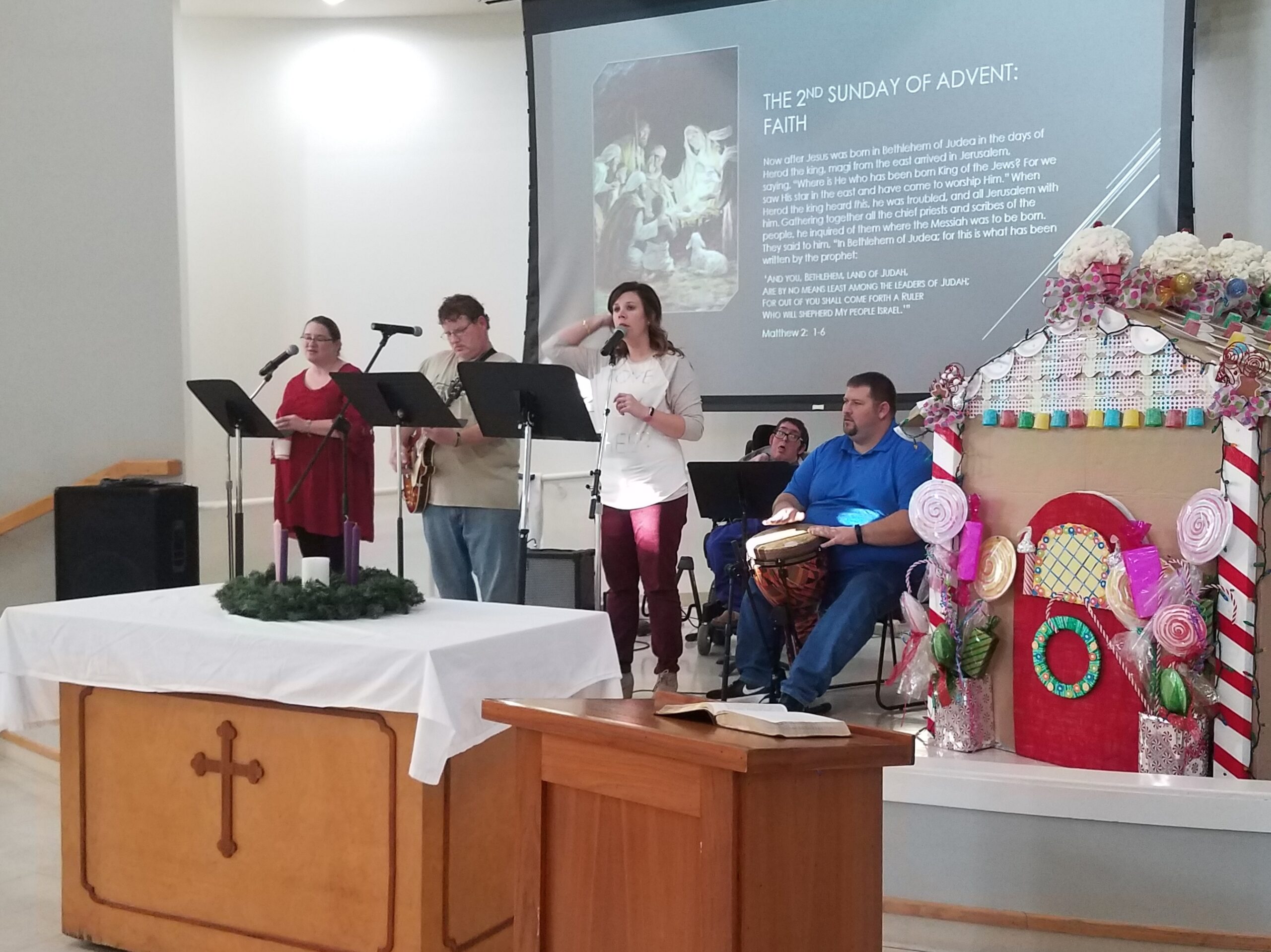The quest for spiritual curiosity is a profound aspect of human existence that transcends the mere acquisition of knowledge. It germinates in the fertile soil of our innate longing for understanding, connection, and ultimately, enlightenment. In the Bahá’í teachings, nurturing this curiosity is paramount, for it aligns closely with the objectives of spiritual development and transformation. This article seeks to unveil the various dimensions of spiritual curiosity according to Bahá’í principles, and elucidate how these can be practiced to foster a deeper connection with oneself, others, and the divine.
At its essence, spiritual curiosity pertains to the intrinsic desire to explore the mysteries of existence. Bahá’ís believe that every individual possesses a divine spark, an unquenchable thirst for truth. This desire is not merely a fleeting whim; it is a fundamental aspect of our being, reflecting our innate potential and purpose in this world. However, while many are driven by an insatiable need to delve into spiritual inquiries, others may experience stagnation or disinterest. This common observation begs a critical examination of the underlying reasons fueling their fascination—or lack thereof—and the methodologies through which such curiosity can be cultivated.
One significant aspect of nurturing spiritual curiosity lies in the encouragement of open-mindedness. Bahá’í teachings advocate for the unbiased pursuit of knowledge. They convey the importance of approaching new ideas and spiritual truths with a heart unburdened by preconceived notions. Open-mindedness facilitates a broader perception of the world, allowing individuals to encounter different beliefs and philosophies without prejudice. This approach not only enhances understanding but can also lead to enlightening epiphanies. By fostering an environment that celebrates diversity, the love for learning and exploration becomes deeply embedded within the community.
Moreover, the Bahá’í Faith emphasizes the significance of education as a catalyst for spiritual growth. Whether through formal study or informal conversation, engaging with literature, philosophical discourse, and spiritual texts can ignite the fires of curiosity. The writings of Bahá’u’lláh and ‘Abdu’l-Bahá offer profound insights into the nature of the soul and the universe, serving as a veritable wellspring of inspiration. Delving into these texts can provide not only answers to pressing questions but also provoke new inquiries, leading one on a fulfilling journey of self-discovery and enlightenment.
Additionally, personal reflection plays a critical role in fostering spiritual curiosity. The Bahá’í teachings encourage individuals to engage in contemplation regularly. By reflecting on life experiences, challenges, and aspirations, individuals can forge a deeper understanding of their spiritual selves. This process transcends superficial engagement; it urges one to dig beneath the surface to unearth profound meanings and insights. Furthermore, maintaining a journal of reflections can serve as an invaluable tool, fostering clarity whilst charting the evolution of one’s spiritual consciousness.
The power of community in nurturing spiritual curiosity cannot be overstated. The Bahá’í community is designed to create bonds amongst its members, forging connections founded on love and mutual respect. Participating actively in community-building endeavors, study circles, and prayer gatherings engenders an environment conducive to exploration and dialogue. In such spaces, individuals are encouraged to share personal experiences and insights, thereby enriching one another’s spiritual journeys. This collective inquiry not only nurtures individual curiosity but also promotes a communal pursuit of truth.
Nonetheless, facing obstacles during the pursuit of spiritual curiosity is not uncommon. Various factors—such as societal norms, personal insecurities, or a fear of the unknown—can stifle the innate desire to explore. To overcome these hurdles, the Bahá’í teachings hold that it is imperative to cultivate resilience. Tapping into one’s inner strength and confronting fears head-on can foster an empowering transformation. Moreover, embracing vulnerability within a supportive community creates opportunities for growth and understanding. By recognizing and addressing these barriers, individuals can renew their commitment to seeking deeper spiritual insights.
Further, engaging with nature serves as another meaningful practice to nourish spiritual curiosity. The Bahá’í Faith extols the beauty and grandeur of God’s creation, which can inspire awe and reflection. The manifest wonders of the natural world serve as a splendid reminder of the Unseen. By taking time to appreciate the intricacies of the universe—from the delicate patterns of a snowflake to the vastness of the cosmos—individuals can reconnect with their spiritual essence. Nature invites contemplative thoughts and fosters a sense of belonging to something greater than oneself, thereby deepening spiritual curiosity.
In conclusion, nurturing spiritual curiosity is a vital endeavor that requires intentionality and commitment. By embracing open-mindedness, engaging with enlightening literature, fostering reflection, participating in community, confronting challenges, and appreciating the natural world, individuals can cultivate a deeper relationship with the divine and themselves. The Bahá’í teachings guide individuals towards a profound exploration of the soul’s purpose, underscoring that this journey is not solely about the destination, but also the wonder and magnificence of the quest itself. It is through this pursuit of understanding that one can truly flourish, illuminating the path for others along the way.
